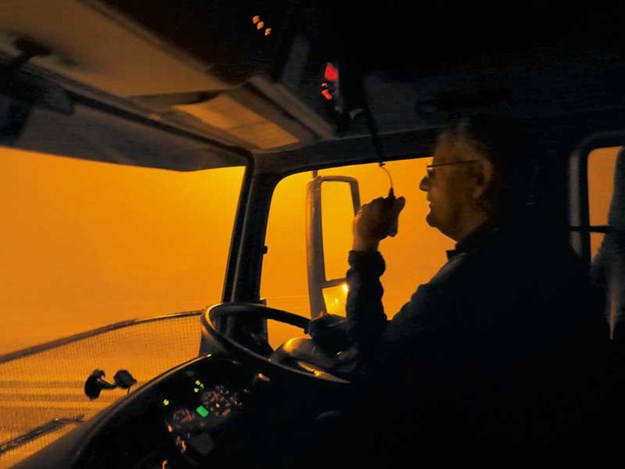Comment: Celebrating life on the road
In his latest column, Road Transport CEO Ken Shirley takes a look at the unique trucking culture in New Zealand
Recently, Deals on Wheel’s editor Randolph Covich published a book, Life on the Road: Kiwi Trucking Stories. It’s a timely illustration of just how important a strong industry culture is to the success of the road transport sector.

I won’t go into detail about the book but the title speaks for itself. By just flicking through it, you are reminded how unique our industry is and how the bond between the people within it is so crucial to its success.
There are few sectors remaining that have people for whom their job is more than just turning up for work every day; it is a lifestyle. For obvious reasons, the armed forces come into this category as do commercial fishing and farming, but there aren’t too many others.
Randolph’s book highlights New Zealand’s trucking culture, yet the comradeship of trucking is much an international phenomenon that stretches across borders as much as it does down through the generations.
The beauty of this ‘trucking culture’ is that there is no one single aspect of the industry that makes it this way. Neither is this culture artificially forced or made up through some gimmicky slogan or advertising. The depth of the bond between truckers is unusually strong because it is based on basic human societal characteristics.
Drivers necessarily spend a lot of time travelling away from their families and local communities. Enduring this lonely lifestyle is fundamental to creating the industry’s special character.
It is the ‘man alone’ out on the road getting the job done rain, hail, or shine that is unique to our industry and something that drivers, in particular, are justifiably proud of.
Transport company owners, while also knowing what life is like behind the wheel, enjoy a special bond due to the fickle and stressful nature of the business. Making any business work is a real achievement but to do it in road transport is twice as hard.
Not only are operators subject to the fluctuating economic conditions but they also have to adhere to a constantly evolving compliance regime and ever-changing government policy priorities.
It is also worth noting that being proud of our industry and its special character does not mean that we should not be critical of it where necessary. Nobody would deny that we have serious issues in attracting new drivers to the profession, which is making for a severe industry shortage across the western world.
For generations, the industry has been extremely male-oriented, however, it is becoming increasingly important to make sure that the industry is open to and accepting of a growing female workforce.
We also need to do a lot more to attract young people to the industry as a viable career option. An average driver age around the mid-50s is not a sustainable situation in the long term.
However, we should not get despondent about these challenges. The industry’s culture is one of its great strengths, and while it is easy to take the no-nonsense, salt-of-the-earth, keep-on-trucking attitude of our industry for granted, we should not be afraid to celebrate it. Randolph’s book does just that.
Finally, a last-minute reminder to register for the RTF annual conference if you haven’t already done so. The conference is on 26 and 27 September 2018 in Dunedin.
The conference website, including an online registration facility, accommodation options, sponsorship packages, transport, and a partner’s programme is available at rtfconference.co.nz.
Keep up to date in the industry by signing up to Deals on Wheels' free newsletter or liking us on Facebook.


.jpg)







.jpg)




.jpg)

